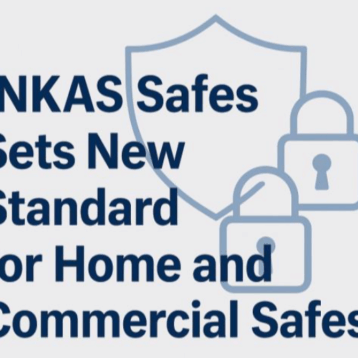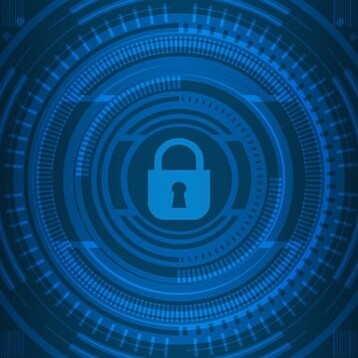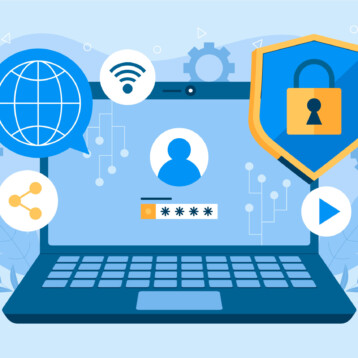
Why Data Security Matters
Data breaches put businesses at risk by exposing their confidential business information as well as customer data. This can lead to things like identity theft, financial loss, and legal repercussions. Cyber attacks, including phishing scams and ransomware, have become more sophisticated, which means that businesses need to take on more advanced security measures. Protecting business data is not just about compliance; it is also important to protecting customers’ and stakeholders’ personal data.
Secure Communication Methods
One of the most vulnerable areas for businesses is how they send and store sensitive information. Secure communication is an important part of preventing data leaks and unauthorized access to business and customer information. Some key methods include:
Encrypted Email and Messaging
Standard emails are susceptible to interception, which means that encryption is a necessary step that businesses need to take. End-to-end encryption ensures that only authorized recipients are able to read messages.
VPNs
A VPN encrypts all internet traffic, making it more difficult for hackers to access sensitive data. This is even more important when remote workers are in a business, as they may be using public Wi-Fi networks, which are often unsecured.
HIPAA-Compliant Fax Services
Traditional faxing methods are outdated and vulnerable to breaches. HIPAA-compliant fax services offer a secure way for businesses to send sensitive data and ensure compliance with regulations like the Health Insurance Portability and Accountability Act. These services use encryption and secure cloud storage to protect records and other confidential data. You can learn more about HIPAA fax and its benefits here.
Multi-Factor Authentication
MFA requires users to verify their identity using multiple different steps. This may include a one-time code, a password, and other information sent to their phone. This makes it much more difficult for hackers to gain access to business accounts and data.
Secure Cloud Services
Cloud storage services also use encryption and other access controls to prevent unauthorized data exposure. Businesses should look at finding providers that comply with industry security standards and regulations.
Best Practices for Business Data Protection
Businesses need to look at more than just having secure communication; they also need to make sure that they have security measures in place to protect their data.
Employee training is extremely important, as many cyber threats target employees through phishing emails and fraudulent links. Providing regular training on how to recognize scams and stay safe online while at work can prevent accidental data breaches.
Keeping systems, applications, and security patches up to date helps to minimize the risk of cyber attacks. Having outdated software in a business can often contain security vulnerabilities that hackers try to exploit.
Using strong password policies also helps to reduce the risk of unauthorized access to important business data. Encourage your employees to create a complex password and also think about using a manager so that you can store credentials securely. It is best to prompt your employees to change their passwords frequently so that they are less at risk.
Regular data backups also make sure that your business is able to recover important information if it is lost during a cyber attack or system failure. Backups need to be stored in multiple different locations, including cloud-based and offline.
Access controls and system monitoring are also essential parts of data security. Limiting data access to people who need it for their job roles helps to prevent unauthorized exposure across the business. Monitoring system activity for any suspicious behavior also means that businesses are able to respond to any threats before they become a significant problem.
Final Thoughts
Businesses need to make sure they are being proactive in order to protect sensitive data from cyber threats. With more and more people now working from home and using online services, it is important for businesses to be aware of and use secure communication methods. This may involve using VPNs, encrypted email, and HIPAA-compliant fax services.
Implementing strong security policies and ensuring that employees are fully trained will make sure that data is protected even further. By staying on top of cybersecurity and making it a priority, businesses should be able to limit the risks and maintain trust with their customers and business partners.










